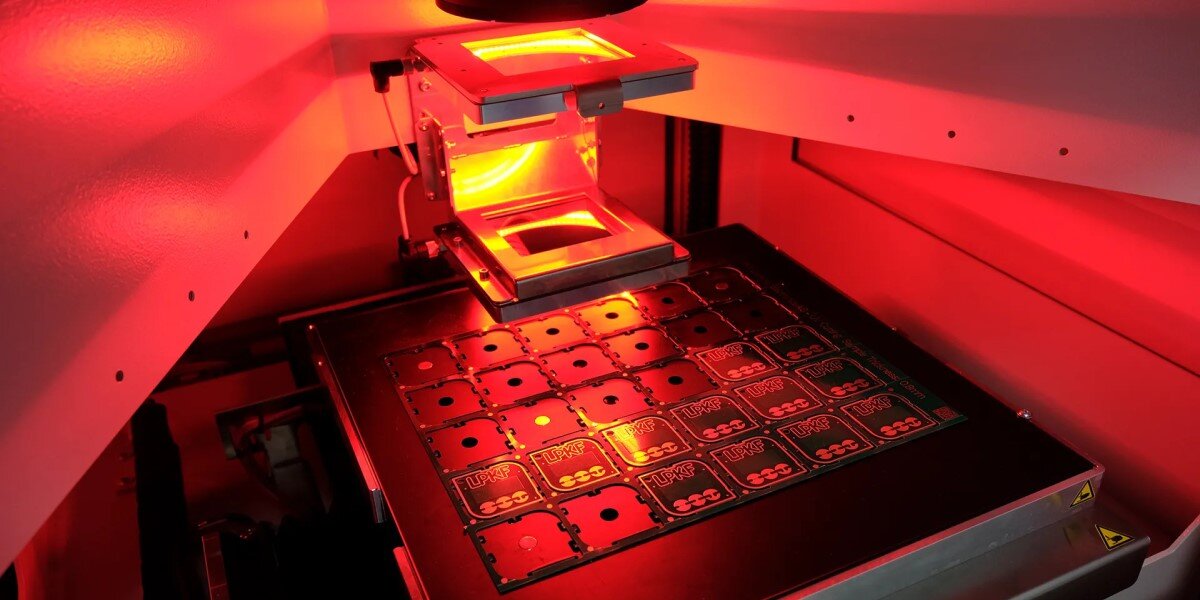 The annual National Manufacturing Conference, which is held annually in London every February, is well known for providing a sounding board for a wide range of key manufacturing topics from productivity and the skills gap to investment and Industry 4.0.
The annual National Manufacturing Conference, which is held annually in London every February, is well known for providing a sounding board for a wide range of key manufacturing topics from productivity and the skills gap to investment and Industry 4.0.
This year's gathering also marked the announcement of the relaunch of the UK's century-old manufacturers association the EEF - now rebranded as 'Make UK'.
In a podcast interview with Nick Peters from The Manufacturer, Make UK's chief Executive Stephen Phipson spoke about what he described as the "seismic changes" taking place across the UK manufacturing industry.
As Phipson stressed, manufacturing round the world is in the midst of an unprecedented period of transition, with the 4th Industrial Revolution and the digitalisation of manufacturing bringing with them both enormous challenges and exciting opportunities.
The uncertainties of the outcome of Brexit continue to destabilise, adding to what Phipson describes as a "confusing time", with some manufacturers on a mission to build inventory while others choose to put off new investments.
Negotiating the hurdles
The "chronic skills shortage" is also creating some sizeable hurdles for the manufacturing sector, with government initiatives such as the Apprenticeship Levy, so far failed to gain sufficient "traction" to provide the volume of skilled workers that are desperately needed. In particular, says Phipson, there is a desperate need for those level 3 and 4 technicians and engineers with experience in CNC setting and toolmaking.
And as he explains: "It's more important than ever to get young people excited about joining the manufacturing community."
Embracing digitalisation
Phipson also addresses the question of how to encourage the thousands of smaller and medium sized UK businesses to buy into the concept of digitalisation and the benefits it could offer for their businesses and their processes.
There are signs that some larger and medium sized companies are implementing the techniques.
But it's proving to be more of a problem to engage the 90% of businesses that represent SMEs, he says.
There is a need first of all to acknowledge that the manufacturing world is changing around them - and to get manufacturers interested, excited and involved.
Phipson also points out what he describes as the "huge gulf" between understanding the potential value of digitalisation and actually taking the steps to invest in it.
At one end of the scale, he says, there are the "high tech virtual reality design laboratories" creating incredible cutting edge solutions. But these new technologies can sometimes be off-putting to smaller companies who struggle to see the practical applications and the value they might offer for their day-to-day operations.
As Phipson points out however, implementing digital solutions needn't be overwhelming. For less than £1000, he explains, an SME could put sensors on a CNC machine tool and harvest the data - and "within as little as a couple of weeks they could be using that information to double their productivity."
Nurturing new skill sets
There is however a factor that he believes will be vital to the success of digitalisation - and that's the development and nurturing of the skill sets that are essential to make this new digital age work.
Says Phipson, there is going to be an increasing need for people with a whole new area of skills - the ones who know how to make sense of the data and to put it to work to improve the the manufacturing process.
Manufacturing 'Made Smarter'
One scheme that is on a mission to develop these new skill sets is the newly launched Made Smarter pilot programme which has been set up to support engineers, manufacturers and designers by providing impartial advice on how to adopt and embed new digital technologies.
Businesses who have registered with the scheme are able to access specialist advice including an audit of their current operations, suggestions for digitalisation strategies and up to 50% grants to invest in new Industry 4.0 projects, hardware and software.
Participants are also able to make use of a subsidised leadership development programme as well as having access to student placements who can help them to set up and road-test their new technologies.
While the scheme is currently limited to the North West of the UK, there are plans to use the information gained from the pilot to roll out the initiative across the remainder of the country.
Manufacturers who are interested to find out when and how the Made Smarter project may be implemented in their area can contact their local growth hub for further information and support.


